On this page, you can expect to find a comprehensive vocabulary list related to doing laundry. Explore links to games, flashcards, and other resources to help you master the terminology associated with this subject. Dive into the world of laundry-related words and phrases to enhance your understanding of this everyday chore.
Doing laundry is an essential household chore that involves washing, drying, and folding clothes to keep them clean and fresh. To effectively tackle this task, it is important to separate clothes by color and fabric type to prevent damage and maintain quality. Using the right detergent and following care instructions on clothing labels can help prolong the lifespan of garments. Additionally, being mindful of water and energy usage by washing full loads and using cold water can contribute to environmentally friendly laundry practices. By establishing a routine and staying organized, doing laundry can become a seamless part of your weekly household responsibilities.
Practice & Reinforce Your Learning
Doing Laundry Vocabulary List
Washing
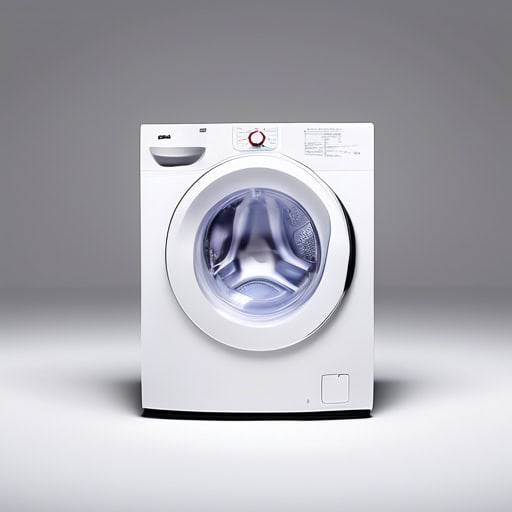
- She always washes her cashmere sweaters on the delicate cycle to prevent any damage.
- The delicate cycle on the washing machine is perfect for lingerie and silk garments.
- I recommend using the delicate cycle when washing your favorite silk blouse to keep it in good condition.
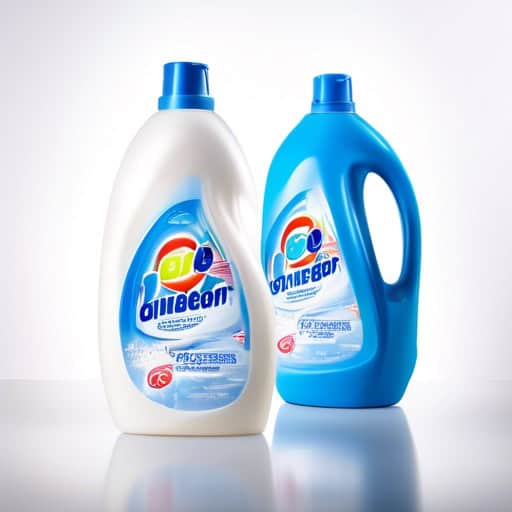
- I need to buy more detergent for the laundry.
- The detergent I use is environmentally friendly and biodegradable.
- My clothes smell fresh and clean after using this detergent.
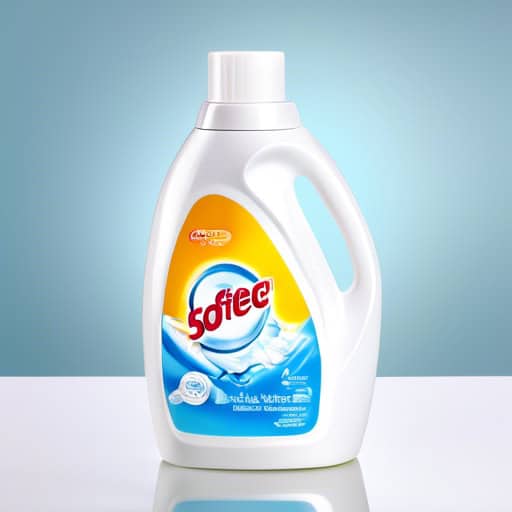
- I always use fabric softener when doing my laundry to ensure my clothes come out feeling extra soft and smelling fresh.
- The fabric softener I use is hypoallergenic and free of harsh chemicals, making it perfect for sensitive skin.
- After using fabric softener, I noticed that my towels are much fluffier and more comfortable to use.
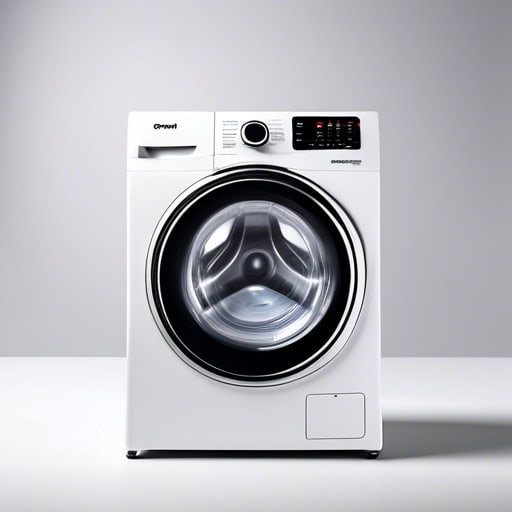
- The clothes were still damp after the spin cycle finished.
- I always add an extra rinse to my spin cycle to make sure all the soap is removed.
- The spin cycle on our new washing machine is so quiet, you can barely hear it running.
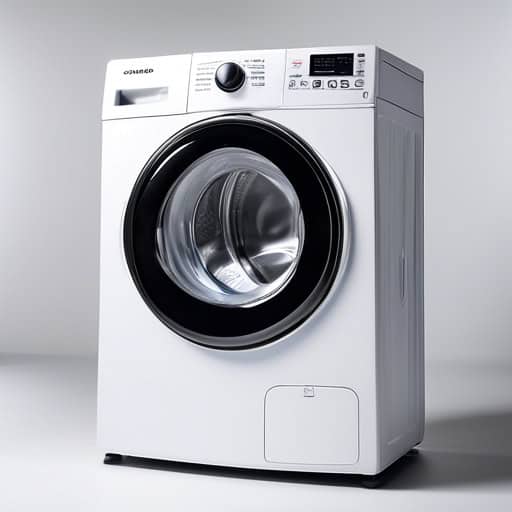
- After the wash cycle is complete, the clothes are moved to the spin cycle to remove as much water as possible.
- The spin cycle is essential for ensuring that the clothes dry faster and more thoroughly.
- Make sure to balance the load properly before starting the spin cycle to prevent the machine from vibrating excessively.
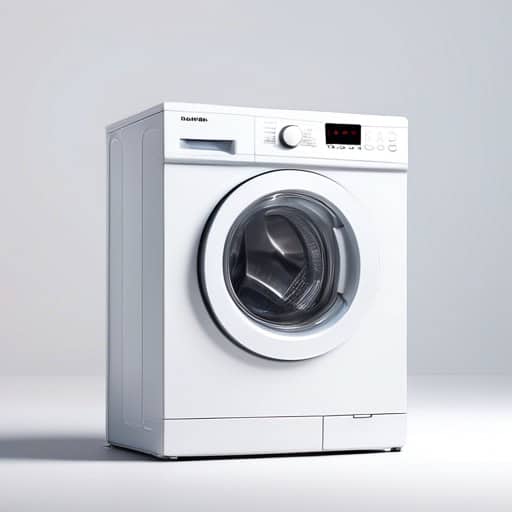
- I need to run a load of laundry in the washing machine before work tomorrow.
- The washing machine is making a strange noise during the spin cycle.
- I forgot to add fabric softener to the washing machine for this load of towels.

- I need to do a big load of laundry this weekend because all of my clothes are dirty.
- My mom always makes sure to separate the whites from the darks when she does the laundry.
- I hate folding laundry, it always takes me forever to finish.
Drying
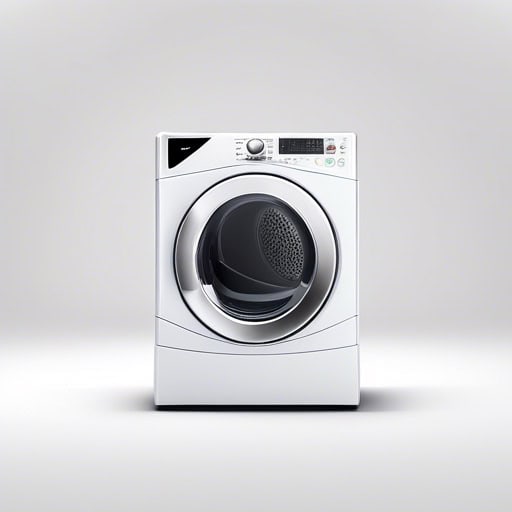
- The dryer stopped working, so I had to hang my clothes out to dry.
- I always forget to clean out the lint trap in the dryer after each cycle.
- The dryer sheets make my clothes smell fresh and clean.
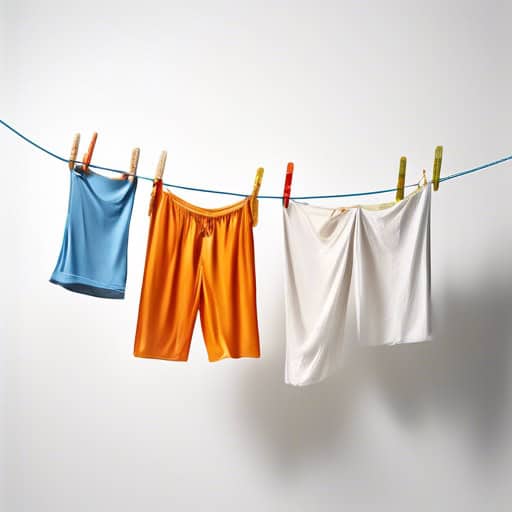
- I hung my freshly washed sheets on the clothesline to dry in the warm sun.
- The clothesline stretched across the backyard, holding up all of our damp towels.
- As a child, I loved running through the rows of clothes on the clothesline, pretending they were curtains in a make-believe castle.
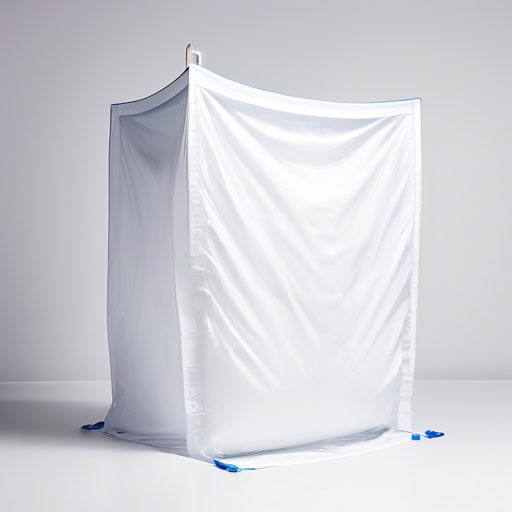
- I prefer air-drying my clothes to save energy and reduce my carbon footprint.
- The fresh air and sunshine help speed up the air-drying process for my damp towels.
- I love the crisp feeling of air-dried sheets on my bed.
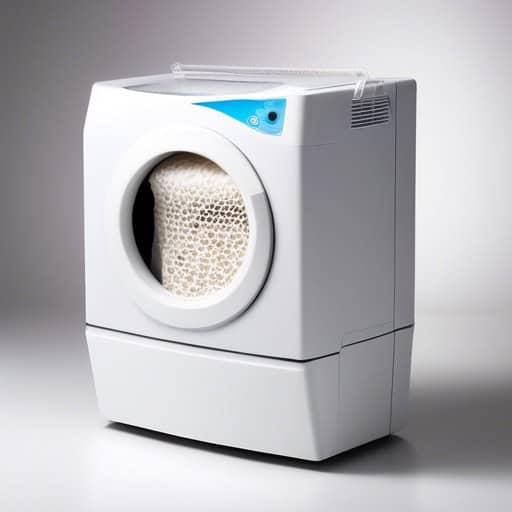
- My dryer's lint trap needs to be cleaned out regularly to ensure efficient airflow.
- I always check the lint trap before starting a load of laundry to prevent any potential fire hazards.
- The lint trap is easy to remove and clean, making maintenance of the dryer simple and quick.
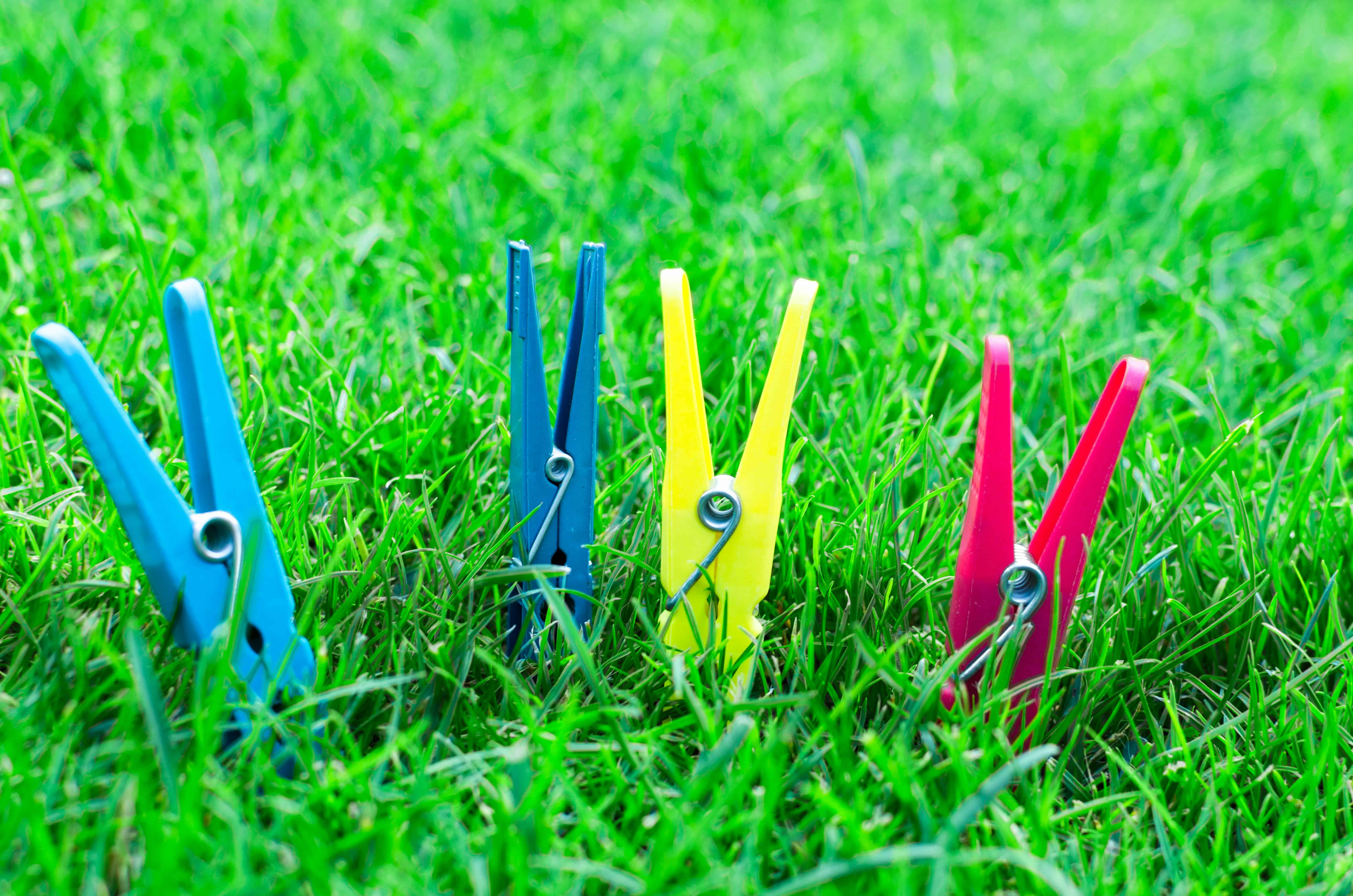
- I reached for a clothespin to secure the wet towel to the line.
- The clothespin slipped from my fingers and dropped to the ground.
- I clipped the shirt to the clothesline with a clothespin and watched it flutter in the breeze.
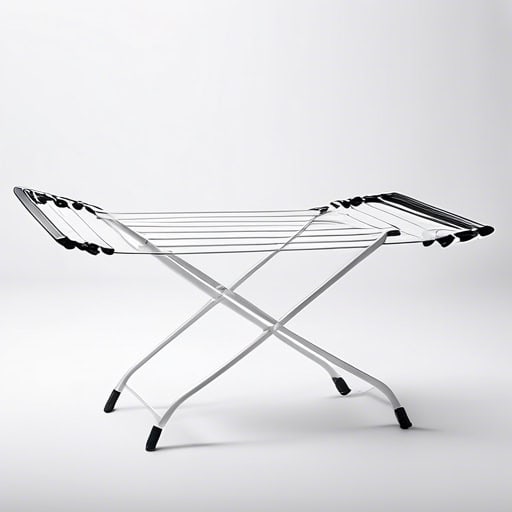
- I need to purchase a new drying rack because my old one broke.
- The laundry room at the apartment complex has a communal drying rack for everyone to use.
- I always use a drying rack to hang my delicate clothing items to avoid shrinking them in the dryer.
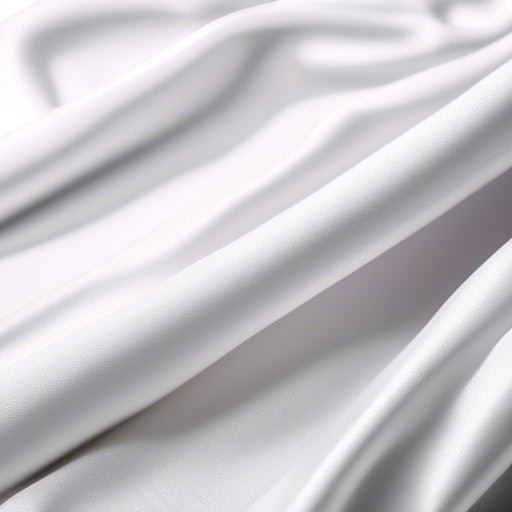
- My new shirt is wrinkle-free, allowing me to wear it straight out of the dryer.
- I always opt for wrinkle-free sheets to make bed-making a breeze.
- The wrinkle-free technology in these pants keeps them looking fresh all day.
Folding
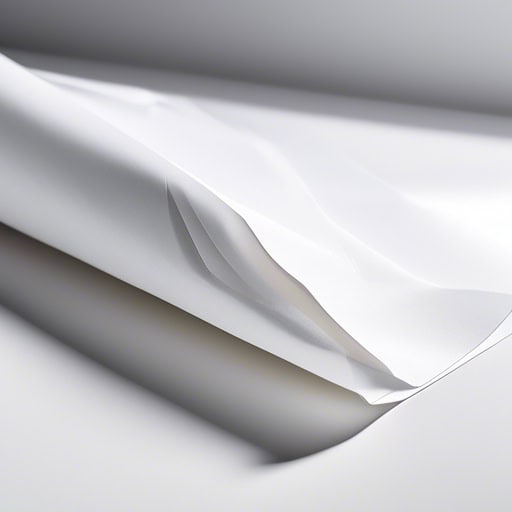
- Her shirt had a noticeable crease down the center from being folded in the drawer.
- The pants were neatly pressed, with a sharp crease running down the front.
- She carefully smoothed out the crease in the tablecloth before setting the table for dinner.
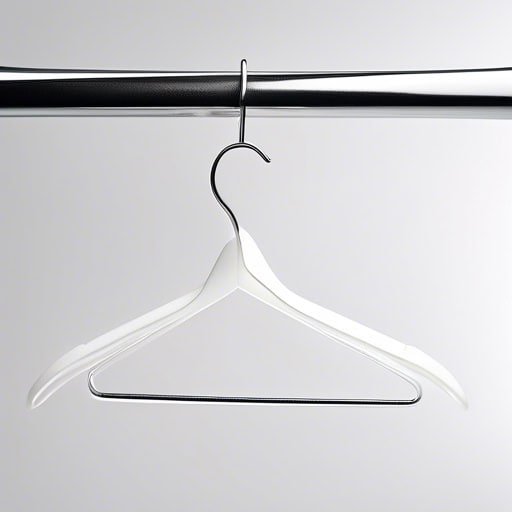
- My closet is overflowing with clothes hangers, I need to declutter.
- I prefer using wooden clothes hangers for my nicer clothing items.
- The clothes hangers in the laundry room are all tangled together, making it difficult to find a matching pair.
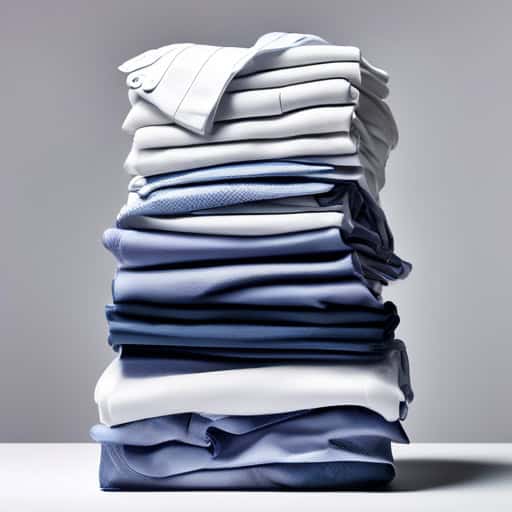
- I walked into my room and found a neat stack of clothes waiting for me on my bed.
- The stack of clothes in my closet toppled over when I reached for a shirt at the bottom.
- I spent the afternoon folding and organizing a huge stack of clothes that had been piling up in my laundry basket.
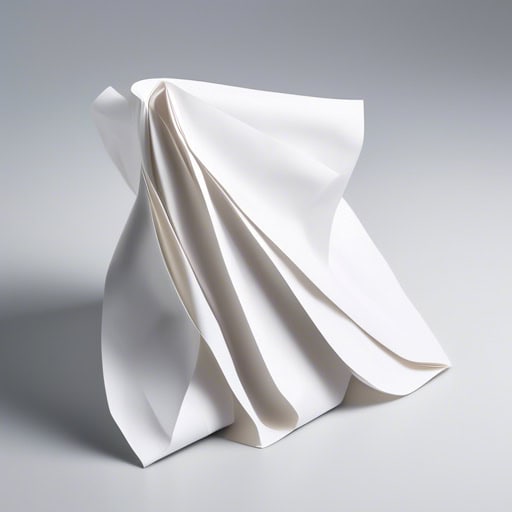
- After washing and drying the clothes, I always take the time to fold them neatly before putting them away.
- I like to fold my towels in thirds before stacking them in the linen closet.
- She carefully folded her favorite sweater and placed it in the drawer to keep it wrinkle-free.
Ironing
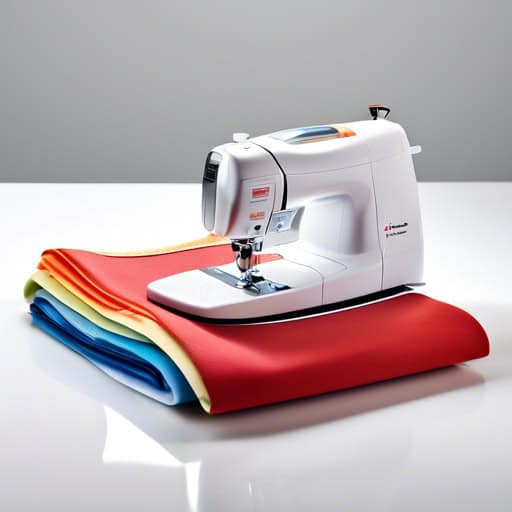
- I have a pressing deadline for this project and need to finish it by the end of the week.
- The issue at hand is pressing and requires immediate attention.
- She felt a pressing need to address the situation before it escalated further.

- She carefully ironed out the wrinkles in her favorite dress before wearing it to the party.
- The bed sheets were filled with wrinkles after being left in the dryer too long.
- The tailor skillfully removed all the wrinkles from the suit, making it look brand new again.
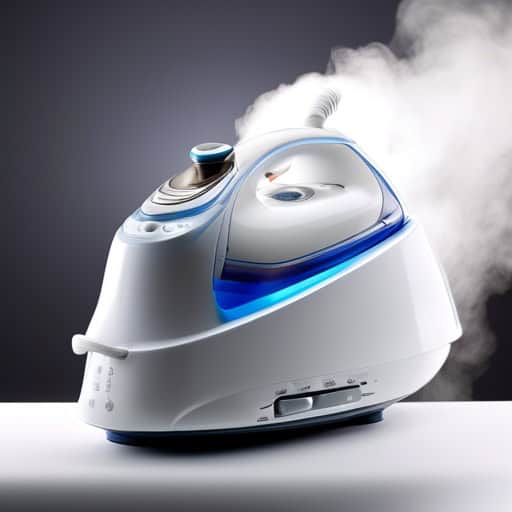
- The steam from the iron helped to smooth out the stubborn wrinkles in my shirt.
- I could see the steam rising up from the hot water as I poured it into the pot.
- After a long day of work, I like to relax in a hot bath filled with steam.
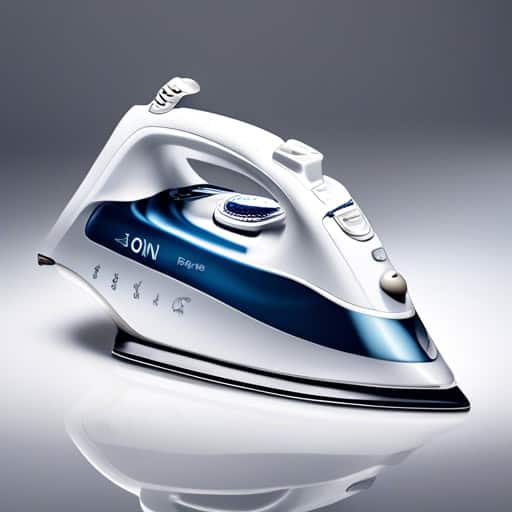
- She used a hot iron to press her crisp white shirt.
- The iron quickly smoothed out the wrinkles in the cotton fabric.
- I need to buy a new iron because my old one stopped working.
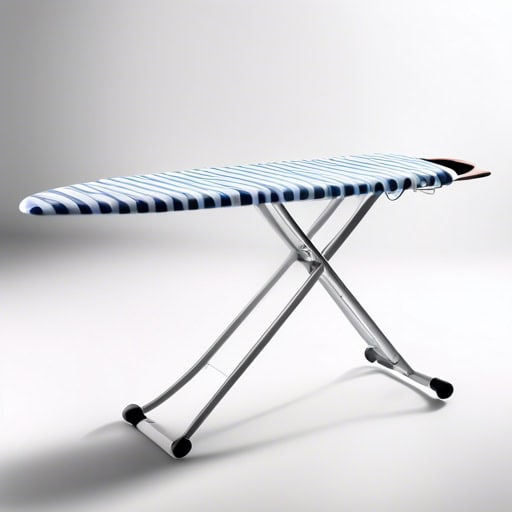
- I need to set up the ironing board before I can start ironing my clothes.
- After using the ironing board, make sure to fold it up and put it away for storage.
- The ironing board cover needs to be replaced soon, as it is starting to show signs of wear and tear.
Stain removal
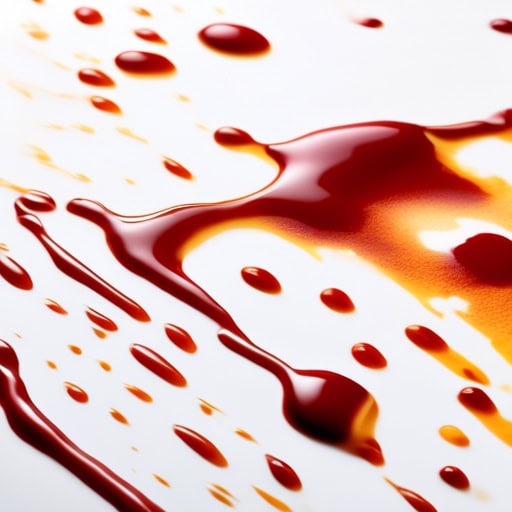
- The red wine stain on my white shirt was impossible to remove.
- She accidentally spilled coffee on the carpet, leaving a dark brown stain.
- I used a special stain remover to get rid of the grease stain on my favorite jeans.
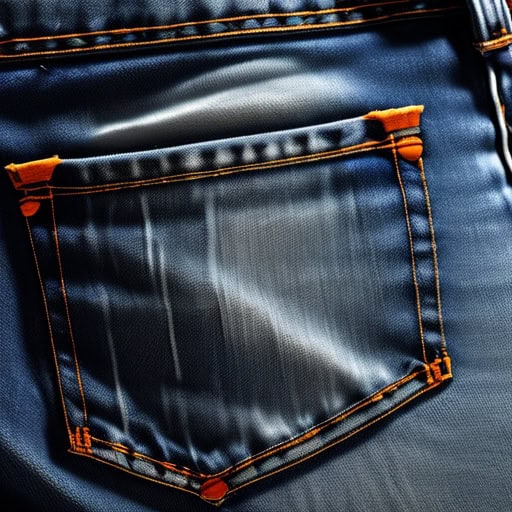
- I noticed a spot on my shirt after lunch that I needed to treat right away.
- The dog found a sunny spot in the yard to lay down and relax.
- She carefully dabbed at the spot on the carpet with a cleaning solution to try to remove it.
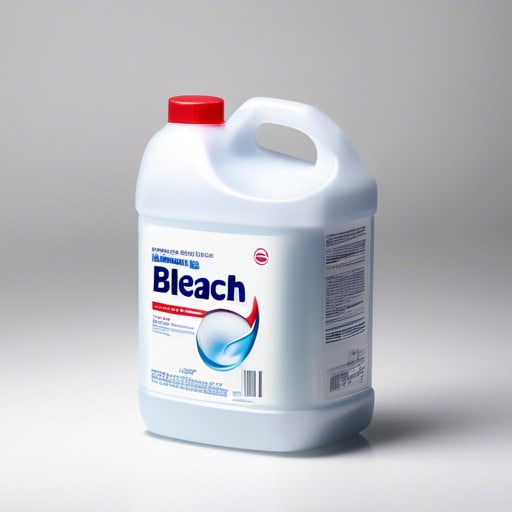
- My white shirts always look so bright and clean after using bleach in the laundry.
- I accidentally spilled red wine on my favorite tablecloth, but thankfully bleach was able to remove the stain completely.
- The bleach solution is strong, so it's important to handle it carefully and follow the safety instructions on the label.
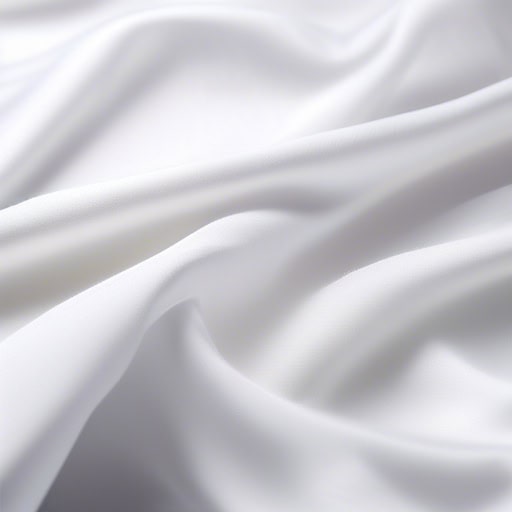
- She loved the soft, flowing fabric of her new dress.
- The tailor carefully inspected the fabric before cutting out the pattern.
- The bedding was made of a luxurious, silky fabric that was a joy to sleep in.
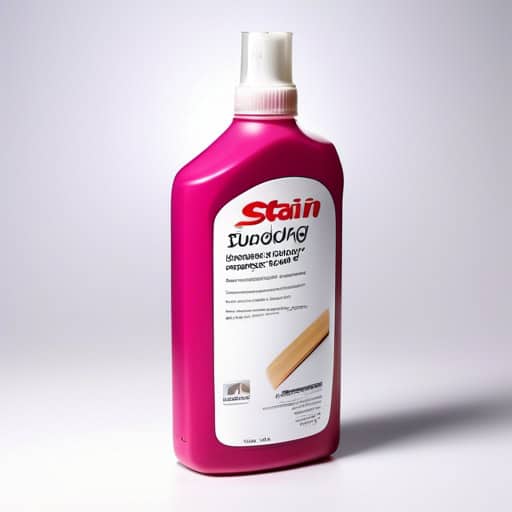
- I have tried several different products for stain removal, but nothing seems to work on this stubborn ink stain.
- My mother swears by her homemade stain removal solution, which is a combination of vinegar and baking soda.
- The dry cleaner was able to successfully perform stain removal on my favorite dress, leaving it looking brand new.
Quick Facts
- 1. The average American household does about 8-10 loads of laundry per week.
- 2. The invention of the washing machine revolutionized laundry practices, making it much easier and more efficient.
- 3. The average washing machine uses about 41 gallons of water per load, while older models can use up to 54 gallons.
- 4. Dryer sheets were invented in the 1960s and are used to reduce static cling, soften clothes, and add fragrance to laundry.
- 5. The most energy-efficient way to dry clothes is by hanging them on a clothesline, which also helps to reduce wear and tear on fabrics.
